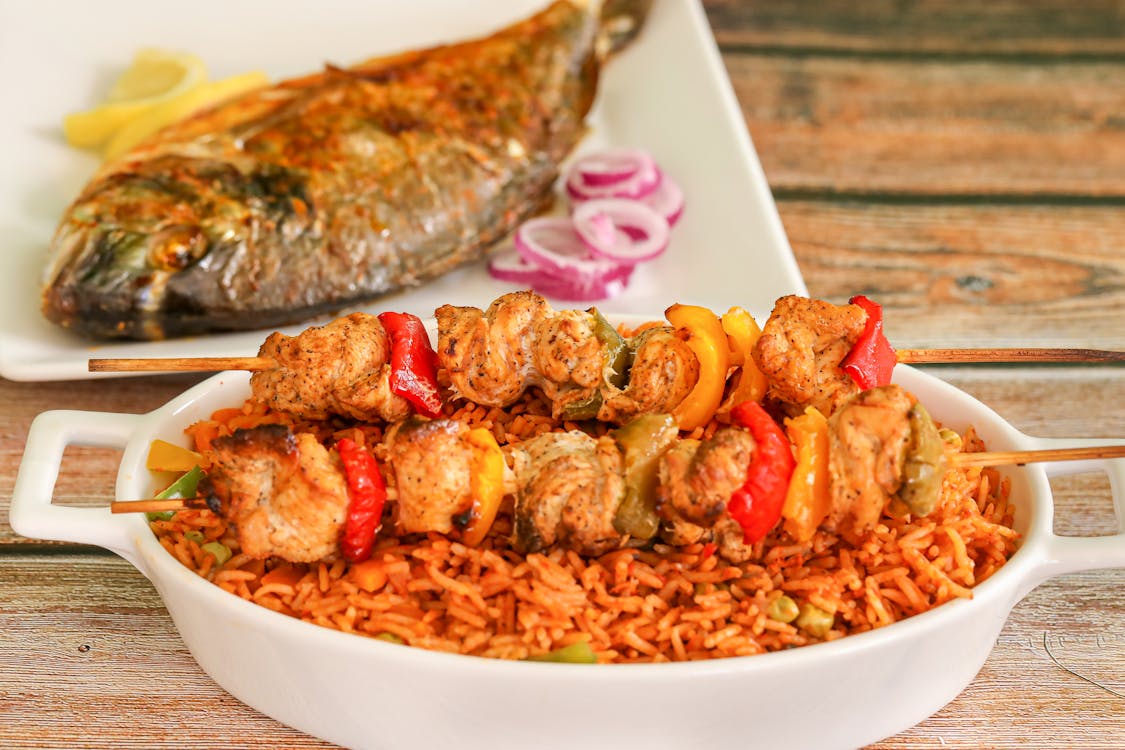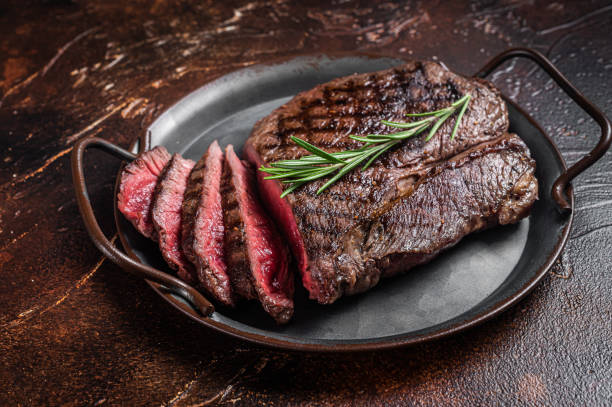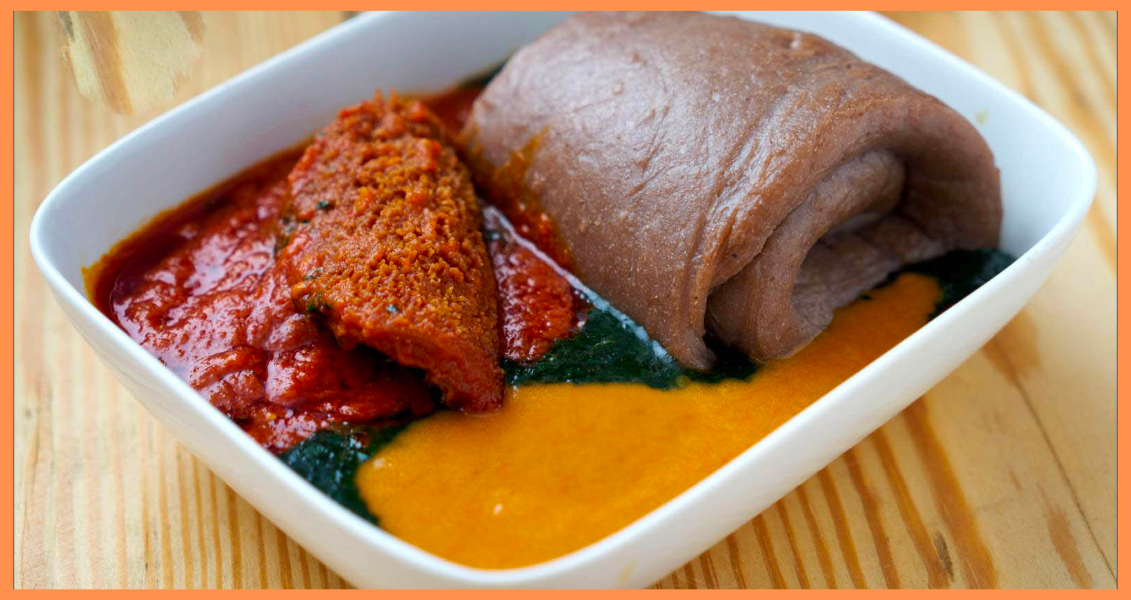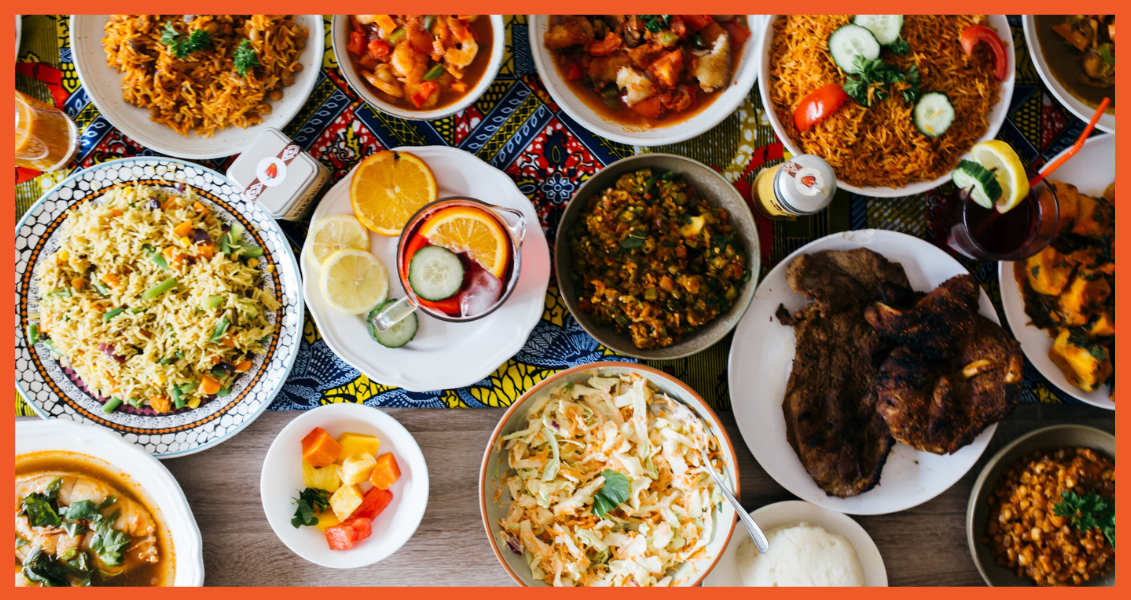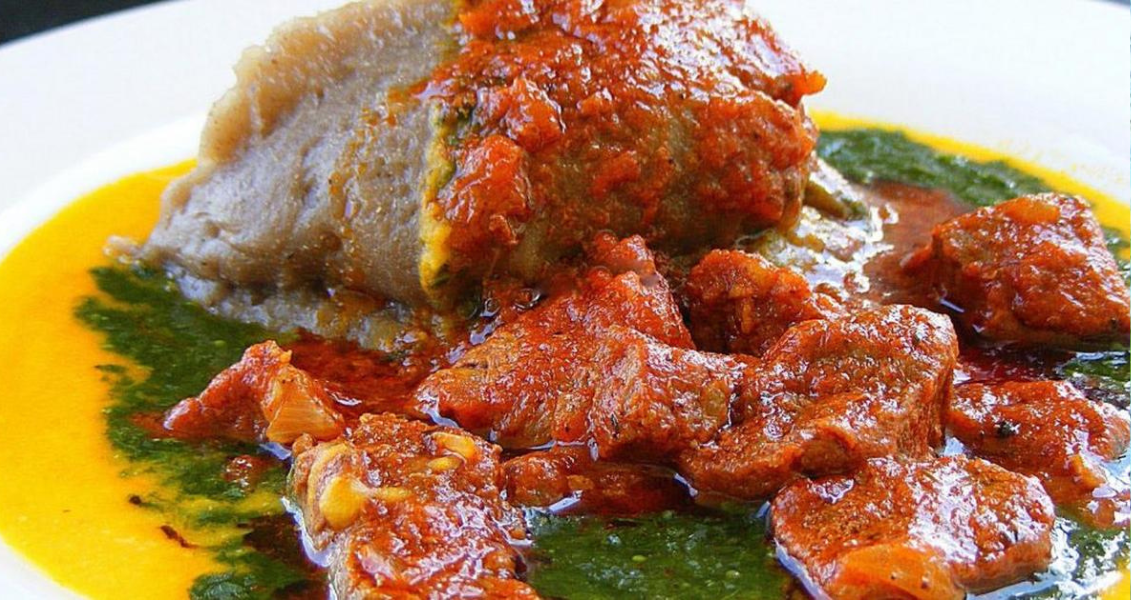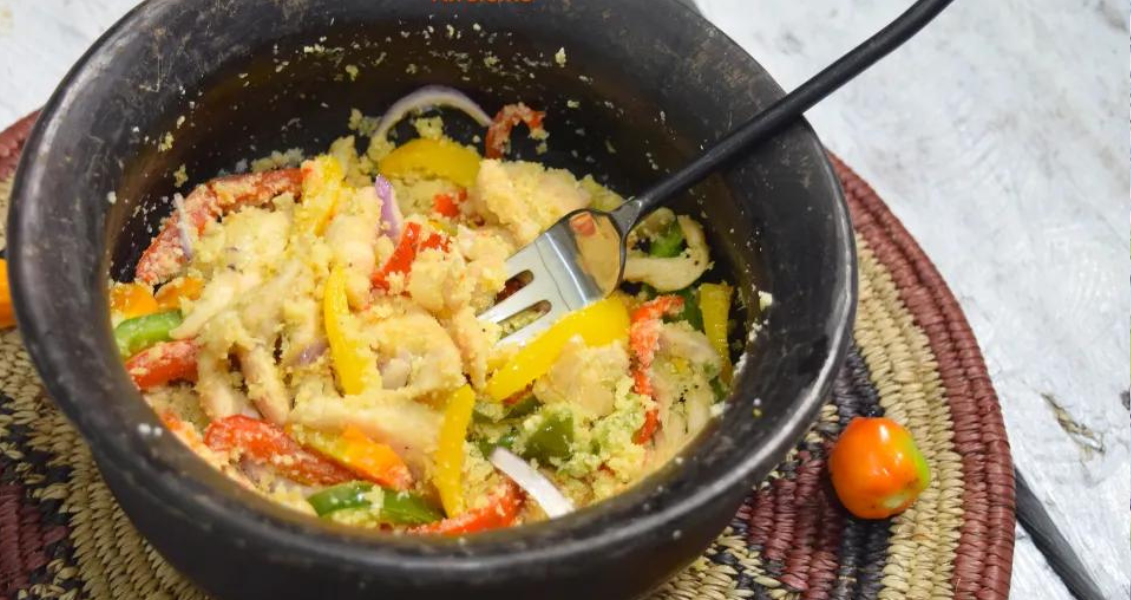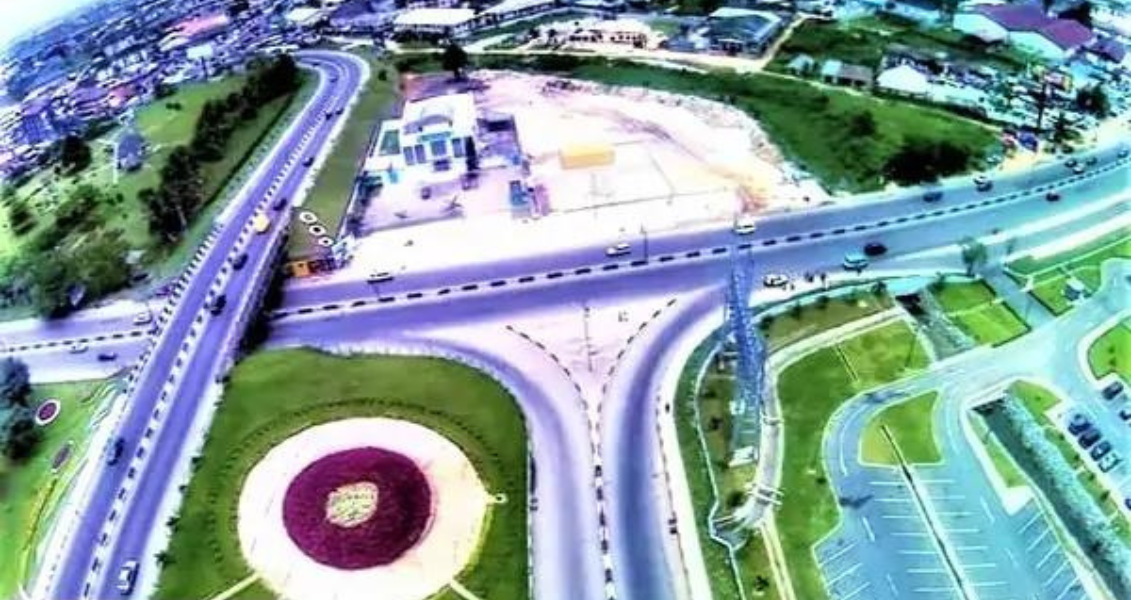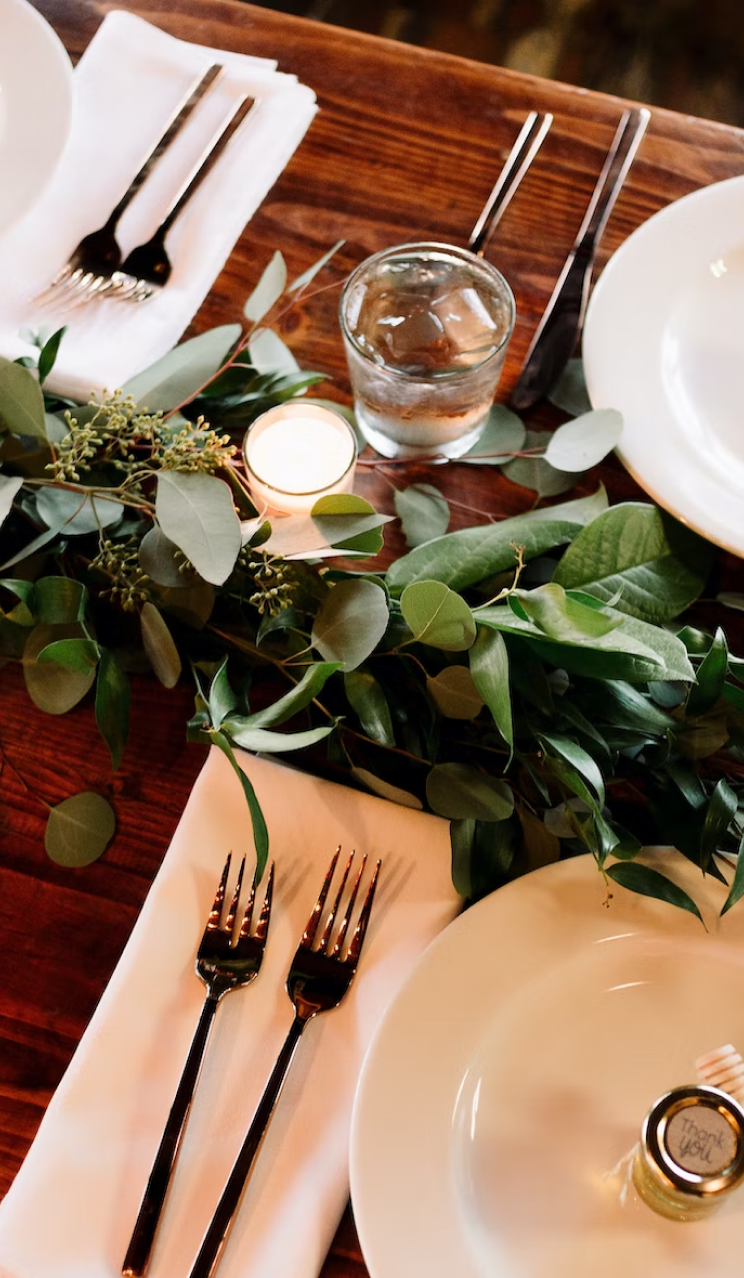Abuja, Saturday night. I’ve just been paid and I’m looking for something to eat to spark joy, something to make the drudgery of persevering through the work week worth it. I decide to do some fine dining. I bring a date along because good food deserves good company. We head to the Cantina Restaurant in Maitama. I order something simple. pasta in tomato sauce. My date also orders pasta — fettuccine Alfredo which looks divine. She feeds me some. We’re the picture of romance and young love.
Our food plus accoutrements — garlic bread, wine, onion rings — costs as much as the Nigerian minimum wage. It’s pricey but not enough to cause a dent in my middle-class finances. Fine-dining in this city is an even split between “fine” and “dining”. The ambience is often soothing and the food often measures up when held to high culinary standards. Prices reflect these things.
In Abuja, the only other Nigerian city that can rival the culinary scene of Lagos, fine-dining costs quite a sum but not too much. Not enough to make you bankrupt.
***
When I relocated from Abuja to Lagos earlier this year, the price disparity of similar foods in similar high-end restaurants knocked the wind out of me. Surely, the price of ingredients and the cost of living in both cities cannot be the only reason why the same meals cost two — sometimes three times more in Lagos.
I eat a lot of pasta. My eyes are always roving menus for the price of pasta dishes, even when I’m not ordering pasta. At restaurants in Abuja, pasta dishes often range from ₦5000–₦15000 compared to Lagos, where asking for ₦5000 pasta at a restaurant may get you side eyes or even thrown out of the restaurant because, are you lost?
To be fair, Lagos offers some things Abuja cannot. In the coastal city, one can have breakfast and a view of the Atlantic Ocean. Lagos is also a culinary melting pot bustling with flavours: from Victoria Island to Ikoyi to Lekki, whatever kind of food you’re looking for, you will find. From hip cafes to penthouse restaurants, you’ll never get enough. Being the economic hotspot where all the big boys play, high-flying businesses and imported ingredients and expensive rents restaurants pay jack up the costs of fine-dining, and those expenses inevitably find their way onto the menu.
Obscenely expensive food in high-end restaurants is part of the Lagos experience. Bills in Lagos restaurants come with a lot of add-ons that other cities, like Abuja, don’t have. “Service Charge” is a staple feature in Lagos. I’m never sure what the service charge is for, especially since this charge isn’t something from which you can opt-out. There are probably restaurants that charge service fees in Abuja, but they’re either really few or the charges are so negligibly low that I never noticed it.
The food in upscale restaurants in Lagos isn’t always just food; it can be a performance of class and taste. Classism is popular in Lagos, and prices are adjusted, sometimes on the fly to address that. What car is a customer driving? Which model? Are their clothes designers? What phone brand are they using? All these things add up in split-seconds, and decisions are made. You’re treated based on these factors and more. In fact, you may not even be allowed to dine in some of these restaurants if you don’t check certain aesthetic boxes. The utility derived from fine-dining in Lagos is not limited to the taste of food alone, it includes status and power and style.
For example, while the Blue Café in Wuse and Cafeteria in Victoria Island are both breakfast cafes equally matched in terms of ambience and class, their prices tell two different stories. A breakfast platter which includes eggs, waffles, hash browns, coffee, toast, sausages, and baked beans will cost twice as much in Cafeteria, Lagos, compared to Blue Café, Abuja. Typically, a platter like that costs about ₦10,000 in Blue Café but costs upward of ₦20,000 in Cafeteria. This is true as of February when I ate in both places within a period of two weeks apart.
While high-end restaurants in Abuja derive these same utilities from fine dining, it’s not as heightened, as consequential as it is in Lagos. In the latter city, a baller must “show workings”. The higher the bill, the more of a baller you are. This is known.
As someone who has lived in both Lagos and Abuja and has engaged actively with the social atmospheres of both cities, I think the class and income disparity is lesser in Abuja compared to Lagos. On average, it seems to me that upper-class folk who live in and around the Victoria Island metropolis might be wealthier than their Abuja counterparts who live in Wuse and the environs. Inversely, lower to middle-class Abuja residents might be more solvent than Lagos folk of the same or similar classes, especially those who live on the mainland. Could this be why street food is cheaper and more accessible in Lagos compared to Abuja?
The fast-paced nature of life in Lagos, especially for people who live and work on the mainland necessitates the need for cheap street food they can eat on the go to stave off hunger while going about their businesses. In Abuja, street food is not as readily available and accessible because Abuja, being a much smaller and better-planned city doesn’t have or require as much on-the-go routines.
The class, economic and behavioural disparities between the two halves of Lagos makes the prices, accessibility, and availability of food polar opposites. Many high-end restaurants – and even some moderately priced ones — on the “Island” can get away with charging the average monthly salaries of Mainland residents for a three-course meal.
The economic and geographic realities of Abuja and Lagos also contribute to the pricing disparities in dining prices in both cities. Abuja, being closer to the North, has cheaper access to most food ingredients. Lagos doesn’t have such advantages. The importation of ingredients, especially exotic ingredients used for intercontinental dishes, affects the prices of food. And in the end, Lagos is… Lagos. Many things do not make sense here, but we just roll with it.










